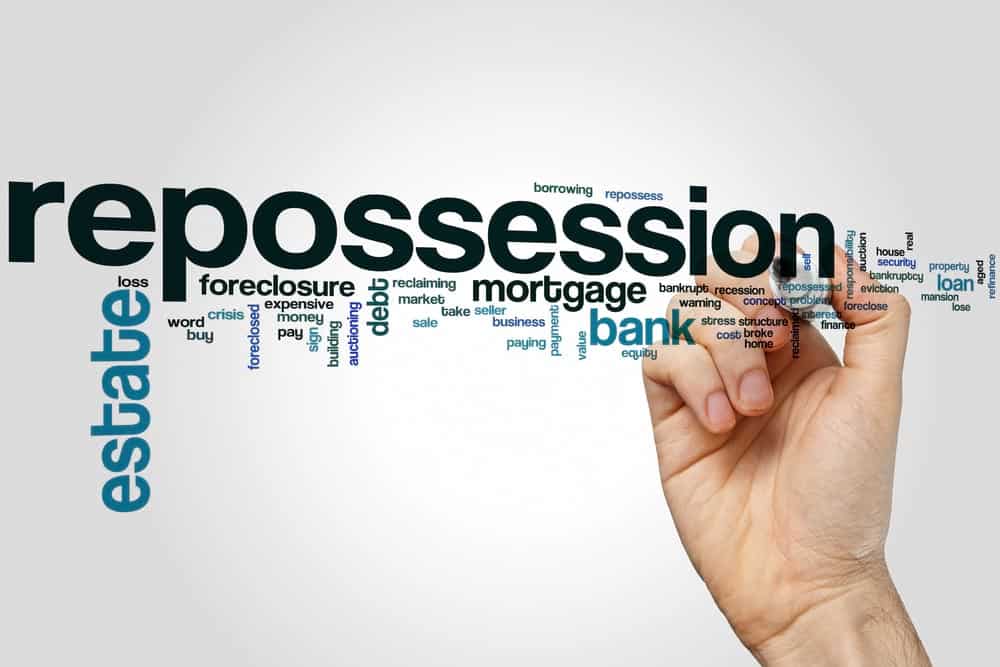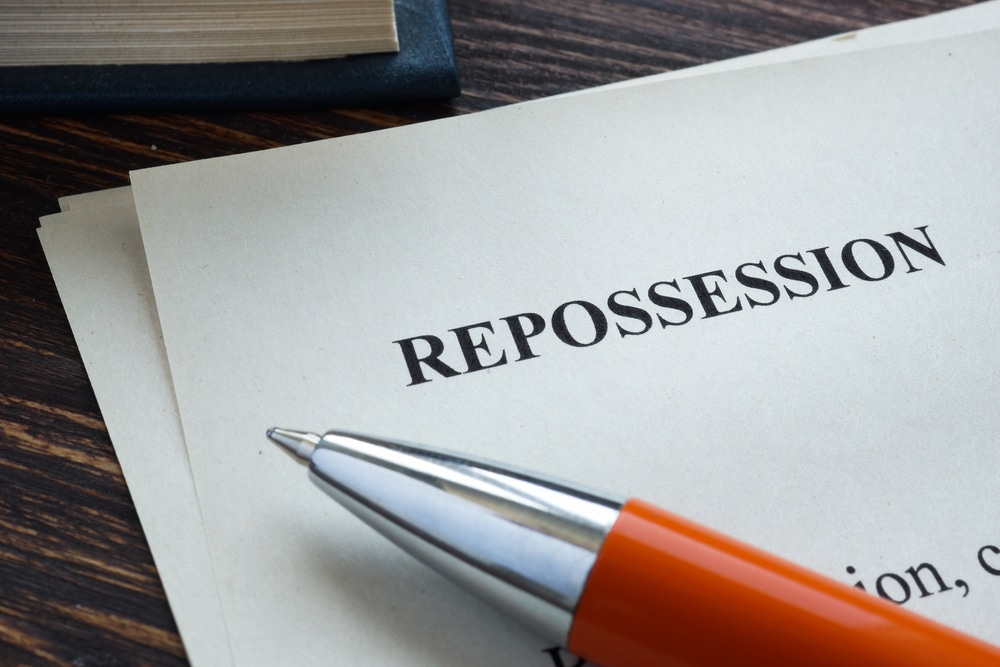It can be extremely challenging when you are made redundant.
It can leave you uncertain about the future and how you can afford to pay your bills.
Your redundancy package can often impact whether you can claim Universal Credit once you leave your job.
The blog below provides a clear overview of everything you need to know about applying for benefits to stay afloat.
Your redundancy pay
In the UK, you are typically only eligible for a redundancy package if you have worked at the organisation for at least two years.
Some people negotiate a redundancy package when they first take the job.
Others are entitled to ‘statutory redundancy’. This means their pay will be calculated depending on their length of service and age.
(Of course, some successfully appeal their redundancy).
Statutory redundancy means that you will receive:
- Half a week’s pay for each full year that you were under 22 years old
- A whole week’s pay for each year you were 22 or older but younger than 41
- One and a half week’s pay for each year you were 41 or older
Your weekly pay is the average you earned per week over the 12 weeks before you received your redundancy notice.
Remember that under the statutory redundancy conditions, your length of service at a company is limited to 20 years.
You cannot be paid a redundancy package for any length of time longer than that.
How redundancy pay impacts universal credit
Universal Credit is the benefit you are most likely to qualify for if you are unemployed.
When you apply for it, you will be asked to include your income and assets (including savings). This will need to show any redundancy money you have received.
(You are still eligible for Universal Credit if you own your own home under some conditions).
The details you input will affect the amount of money you are eligible for each month.
You will not be able to receive Universal Credit in the UK if you have savings of more than £16,000. This includes your partner’s savings if you have one.
If you have savings between £6,000 and £16,000, this may reduce the amount of money you are entitled to. And if you have savings below £6,000, it will have minimal impact.
You can take on low-paid work while applying for Universal Credit. However, the amount you receive will be reduced by 63p for every £1 you earn (unless you have children, an illness, or a disability).
In this instance, your Universal Credit will only reduce once you’ve earned £512 per month if you don’t receive housing support (and £292 if you do).
Alternative options to universal credit
Another benefit scheme you can apply for is the Job Seeker’s Allowance (JSA). This is open to you if you are unemployed or work less than 16 hours weekly.
Many people opt for JSA if they have more than £16,000 in savings. This is because while this would make you ineligible for Universal Credit, you might still be able to access it from Job Seeker’s Allowance.
The UK Government’s website states that you could be eligible for JSA if:
- You have been employed within the last 2 to 3 years
- You have paid (or been credited with) Class 1 National Insurance contributions
- You work less than 16 hours per week
Remember that if you have an illness or disability that stops you from working, you are not usually able to get Job Seeker’s Allowance.
New Style Employment and Support Allowance
As a third option, you may be able to apply for New Style Employment and Support Allowance if you have a disability or health condition that limits the amount that you can work.
To be applicable, you must have made National Insurance contributions over the past 2-3 years.
Getting extra support with your mortgage
Paying off a mortgage is arguably the most significant financial burden that anyone faces in their life.
When you are made redundant, your ability to continue making your monthly payments could be seriously hampered. In this instance, you must communicate clearly with your mortgage lender.
It is always better to explain the situation to your lender and enquire about a ‘Mortgage Holiday’ or a temporary period of smaller payments. At the same time, you get back on your feet.
Burying your head in the sand is never a good idea and can cause more harm than good in the long-term.
Another way to ease your financial burden is to contact your council and find out if you are eligible for a reduction in your council tax payments or grants to help you pay your bills.
Some debt charities in the UK support people who have been recently made redundant.
Get support from a Cash House Buyer
When you have been made redundant, consider all possible avenues for making your situation more accessible and improving your ability to pay your bills.
Selling your house to a cash house buyer could solve your troubles.
A cash buyer like We Buy Any Home can purchase your property up front for cash within 7 days of your initial enquiry. This cash influx can help you pay off your debts and ‘keep your head above water’ for the foreseeable future.
We Buy Any Home is here to support you if you want to stop a house repossession by getting a lump sum up-front that enables you to pay off all your debts. Contact us today for a free, no-obligation valuation.




















